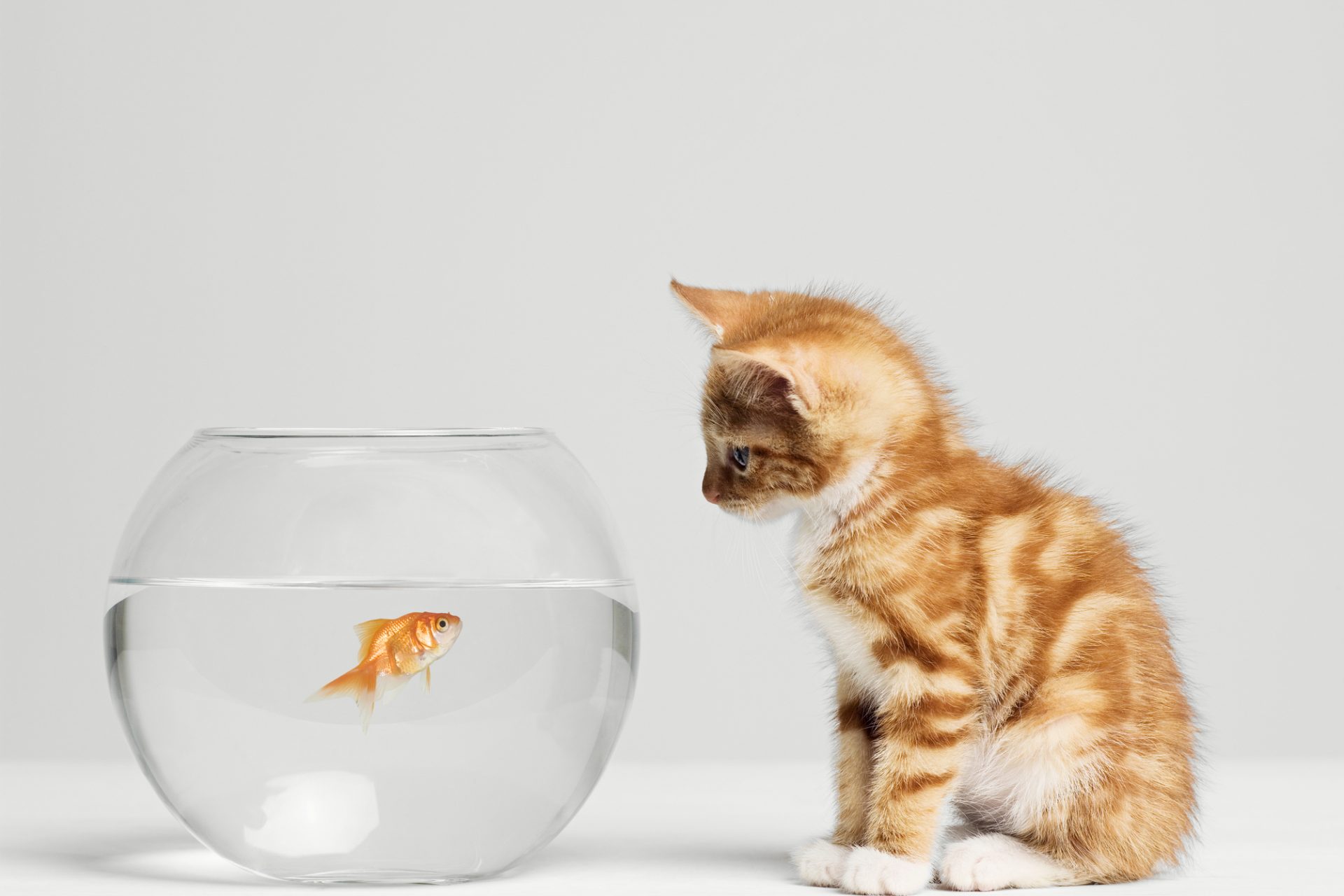Hiccups: What they are and how to really get rid of them
Hiccups are repeated spasms or sudden movements of the diaphragm that are, naturally, outside your control. The spasms cause your vocal cords to close, producing the characteristic “hic” sound.
Black and white photos: Hiccup cures from the 1950s
Babies are known to hiccup in utero. In fact, hiccupping fetuses are incredibly common, with the habit beginning from about week 23 to week 27 of pregnancy.
Hiccups don't discriminate - they occur in most mammals and have been studied in creatures as diverse as kittens, squirrels, and even otters. Basically, anything with a diaphragm! This shared experience offers us clues into our shared evolutionary history.
Scientists don't know WHY we hiccup but according to the Mayo Clinic, the most common triggers are drinking carbonated beverages or too much alcohol, eating too much, experiencing excitement or emotional stress, undergoing sudden temperature changes, and swallowing air, such as when chewing gum or smoking.
Doctors in Italy reported that two men could trigger their own hiccups by stroking or shaving their beards. Another case involved hiccups triggered by tickling the eardrum. These cases support scientists' belief that the vagus nerve plays a role in hiccups.
While most hiccups are a minor annoyance, some can indicate more serious issues like nerve damage caused by a tumor, irritation, central nervous disorders like stroke, or metabolic issues like diabetes, according to the Mayo Clinic.
Charles Osborne holds the world record for the longest case of hiccups, hiccupping continuously for 68 years straight and around 430 million times before his death! His case remains a medical mystery, showing us there's much we still don't understand about hiccups.
Image: La Crosse Tribune newspaper, 1978, via Newspapers.com
Hiccups that last for longer than a month are called “intractable” and affect one in 100,000 people, though it occurs more commonly in males.
If you have more common, typical hiccups, there are several tried-and-tested ways to get rid of them.
Featured on “Shark Tank,” this device is shown to instantly relieve hiccups 90% of the time by lowering the diaphragm while simultaneously activating the epiglottis in the throat. This stimulates the two key nerves thought to be responsible for hiccups — the phrenic and vagus nerves.
Image: HiccAway Information/YouTube
This method, purported by Harvard to work, may excite the nerves in the back of the mouth, nose, and throat that aren’t stimulated by just drinking normally.
Harvard suggests breathing into a bag (not with your heead, as is the old wives' tale pictured) because it can increase the CO2 in the blood. As CO2 levels rise, hiccups tend to go away.
Harvard recommends this breathwork as a highly effective cure. It involves taking a deep breath in, holding for 10 seconds, and then, without exhaling, breathing in again, pausing, and breathing in for a third time. Doctors theorize that this works because it increases CO2 levels in the blood and immobilizes the diaphragm.
In a 1971 study, researchers found that eating a teaspoon of white sugar helped cure hiccups in 19 out of 20 patients. According to Mind the Science Gap, other food-related cures, which may work by distracting the brain, include eating a lemon soaked with bitters. Others say that peanut butter works.
WebMD suggests pulling out your tongue to cure hiccups, presumably as a way to stimulate the vagus nerve. Similarly, you can try putting your fingers in your ears or gently pressing on your eyeballs.
In a real-life study published in the 'Annals of Emergency Medicine', a doctor managed to cure intractable hiccups by inserting his finger into the patient’s anus to stimulate the vagus nerve. It worked, and the rest is history. The doctor even won a satirical Ig Nobel Prize.
More for you
Top Stories





























